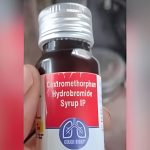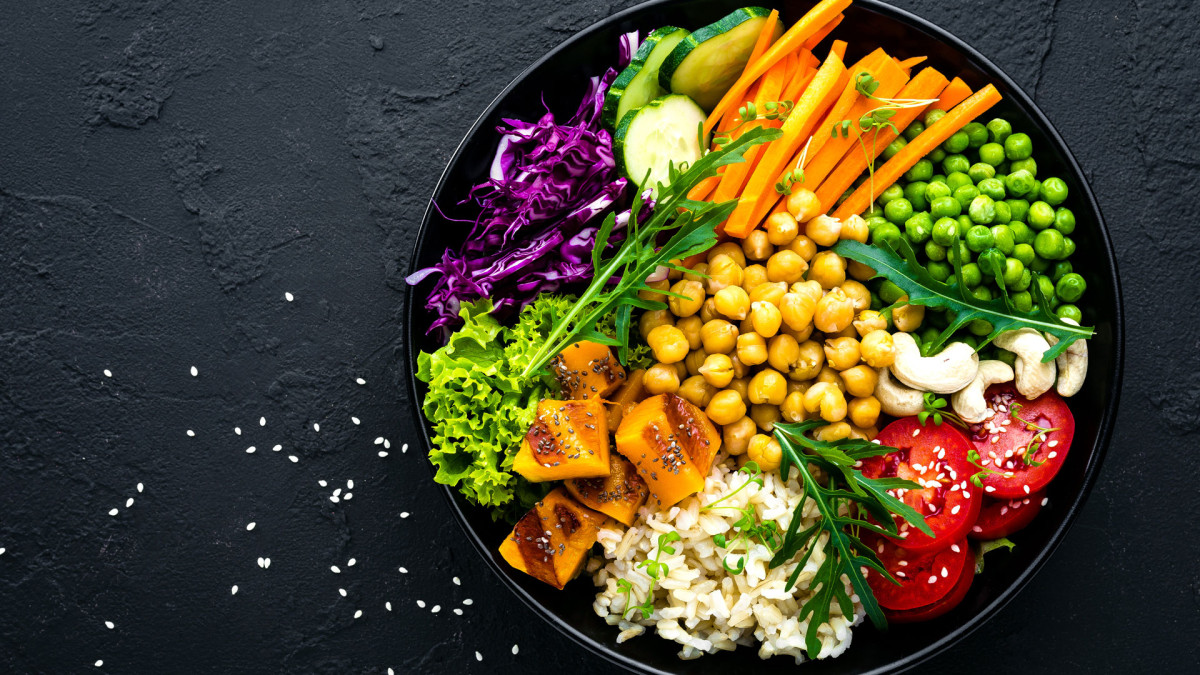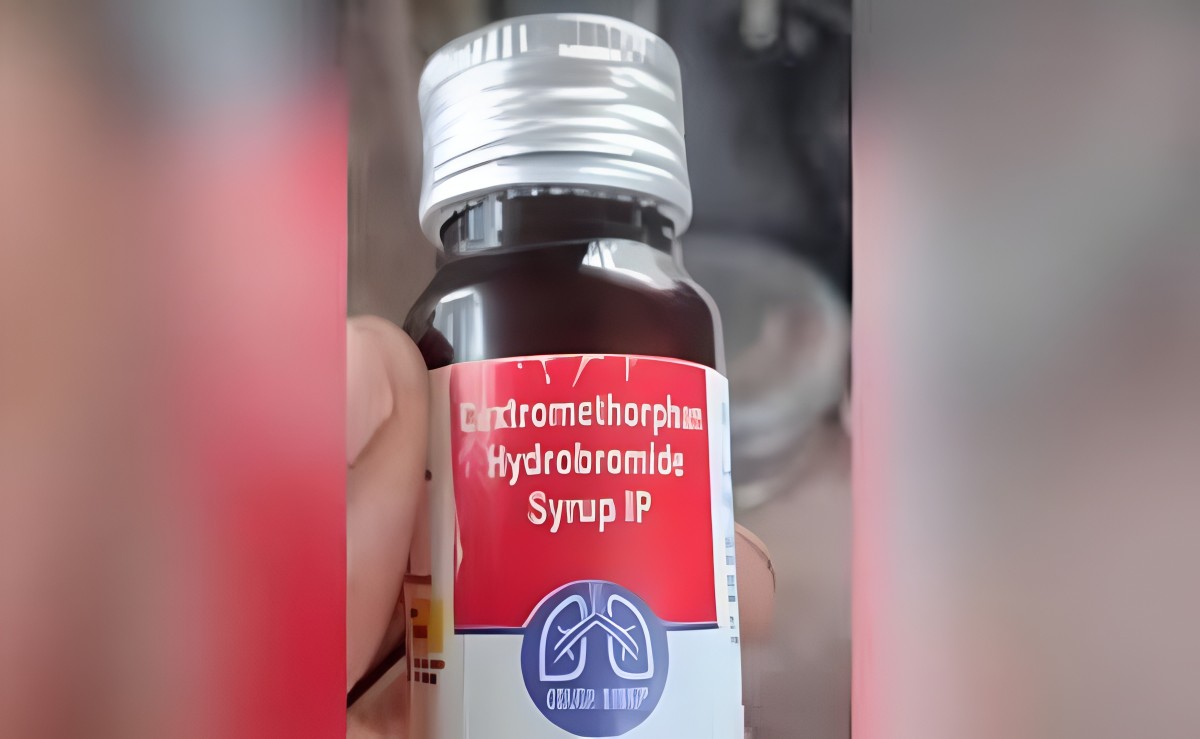Diets that are vegetarian are becoming more and more popular. There are several benefits to eating a vegetarian diet, among them health advantages. A vegetarian diet may lower your chances of developing diabetes, heart disease, and several types of cancer.
Yet, some vegetarian diets could rely excessively on processed foods with excessive amounts of sugar, fat, salt, and calories. These diets might not provide enough nutrient-dense meals, whole grains, fruits, and vegetables. Knowing your dietary requirements will help you create a diet that will meet them.
Types of vegetarian diets
Vegetarian diets vary in what foods they include and exclude:
- Lacto-vegetarian diets exclude meat, fish, poultry and eggs, as well as foods that contain them. Dairy products, such as milk, cheese, yogurt and butter, are included.
- Ovo-vegetarian diets exclude meat, poultry, seafood and dairy products, but allow eggs.
- Lacto-ovo vegetarian diets exclude meat, fish and poultry, but allow dairy products and eggs.
- Pescatarian diets exclude meat and poultry, dairy, and eggs, but allow fish.
- Vegan diets exclude meat, poultry, fish, eggs and dairy products, as well as foods that contain these products.
Some people follow a diet that is mostly plant-based, but they still eat meat, dairy, eggs, poultry and fish on occasion or in small quantities. This is sometimes called a flexitarian diet.
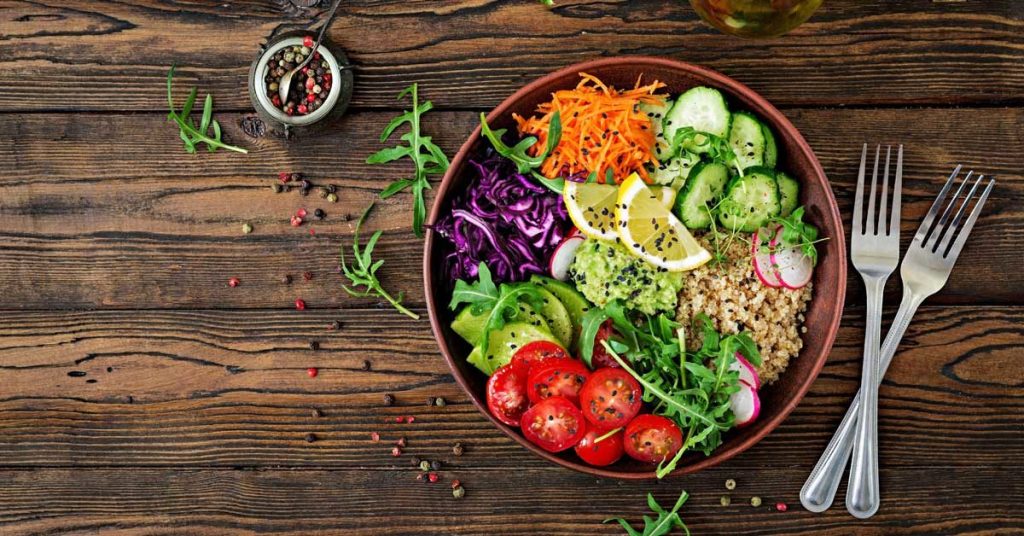
Preparing a wholesome vegetarian diet
Choose a variety of nutritious plant-based meals to make the most of a vegetarian diet. They consist of whole grains, fruits, and vegetables. Also regarded as nutritious plant-based foods are nuts and legumes including lentils, beans, and peanuts.
Reduce your intake of unhealthier options at the same time. Fruit juices, processed cereals, and beverages with added sugar are a few of these. You can develop a vegetarian plan that is ideal for you with the assistance of a trained dietician.
Keep in mind that the more foods you cut out of your diet, the harder it can be to get all the nutrients you need. A vegan diet, for example, cuts out natural food sources of vitamin B-12, as well as milk products, which are good sources of calcium.
To be sure that your diet provides what your body needs, pay special attention to the following nutrients:
Calcium and vitamin D
Calcium helps build and maintain strong teeth and bones. Milk and dairy foods are highest in calcium. Dark green vegetables are good plant sources if you eat enough of them. Examples include turnip and collard greens, kale and broccoli. Other options include calcium-enriched and fortified products. Calcium is added to some juices, cereals, soy milk, soy yogurt and tofu.
Vitamin D also plays an important role in bone health. Vitamin D is added to cow’s milk, some brands of soy and rice milk, and some cereals and margarines. Be sure to check food labels. People who don’t eat enough fortified foods and have limited sun exposure may want to talk with a health care provider about vitamin D supplements. Plant-derived vitamin D supplements are available.
Vitamin B-12
Vitamin B-12 is necessary to produce red blood cells and prevent anemia. Anemia a condition in which the body doesn’t have enough healthy red blood cells to carry oxygen to all parts of the body. Vitamin B-12 is found almost exclusively in animal products, so it can be difficult to get enough B-12 on a vegan diet. Vitamin B-12 deficiency may go undetected in people who eat a vegan diet. This is because the vegan diet is rich in a vitamin called folate that can mask vitamin B-12 deficiency. For this reason, it’s important for vegans to consider vitamin supplements, vitamin-enriched cereals and fortified soy products.
Protein
Protein helps keep skin, bones, muscles and organs healthy. Eggs and dairy products are good sources, and you don’t need to eat large amounts to meet your protein needs. Eating a variety of plant-based foods throughout the day also can provide enough protein. Plant sources include soy products and meat substitutes, legumes, lentils, nuts, seeds, and whole grains.
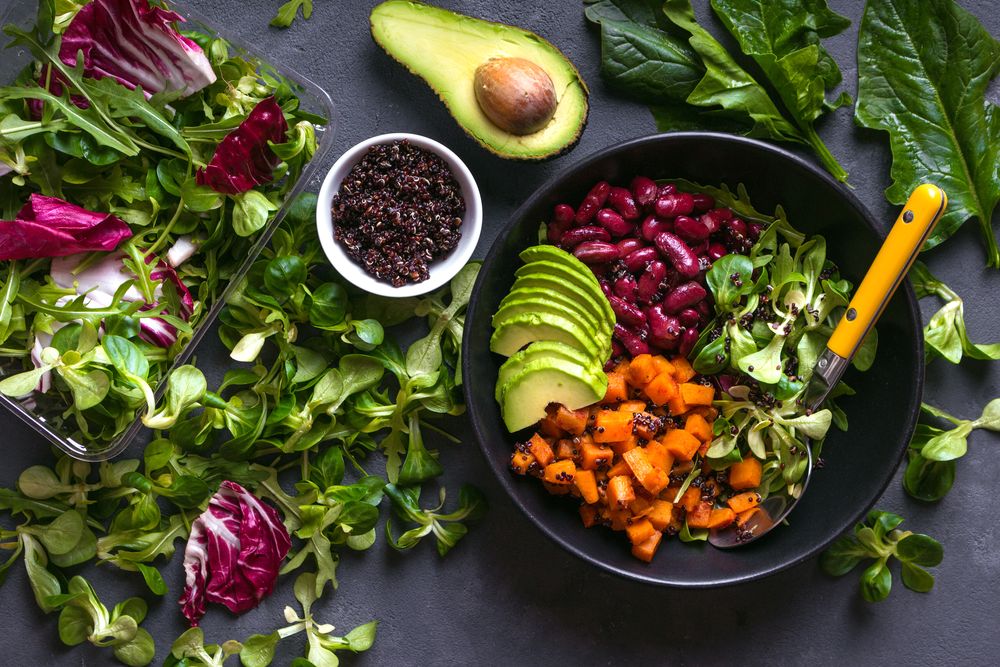
Omega-3 fatty acids
Omega-3 fatty acids are found in fish, canola oil, soy oil, walnuts, ground flaxseed and soybeans. Vegetarian diets that do not include fish may be low in two types of omega-3 fatty acids called DHA and EPA. Some evidence suggests that taking in EPA and DHA omega-3 fatty acids may lower the risk for heart disease. Also, these two omega-3s may be important during pregnancy for fetal development. Research on other health effects of EPA and DHA varies. Vegetarians who do not eat fish or include sources of omega-3 fatty acids in their diet may consider adding fortified products to their diet.
Iron and zinc
Iron is important to red blood cells. Dried beans and peas, lentils, enriched cereals, whole-grain products, dark leafy green vegetables, and dried fruit are sources of iron. But the body doesn’t absorb iron from plant sources as easily as animal sources. So the recommended intake of iron for vegetarians is almost double that recommended for nonvegetarians. To help your body absorb iron from plants, eat foods rich in vitamin C at the same time as you’re eating iron-containing foods. Vitamin C-rich foods include peppers, strawberries, citrus fruits, tomatoes, cabbage and broccoli.
Like iron, zinc is not as easily absorbed from plant sources as it is from animal products. Fish, including crab and shrimp, are sources of zinc for pescatarians. Cheese and yogurt are sources of zinc if you eat dairy products. Plant sources include whole grains, soy products, lentils, beans, nuts and wheat germ. Zinc helps the body make proteins and grow cells. Research on zinc in the diet has found that it supports the immune system and vision, specifically.
Iodine
Thyroid hormones are made partly of iodine. Thyroid hormones help control the body’s metabolism and play an important role in muscle growth. Iodine can easily be added to food by using iodized salt. Seafood and dairy also are sources of iodine. People who do not eat seafood or dairy may be at risk of iodine deficiency if they do not use iodized salt. Iodine deficiency can lead to the thyroid getting bigger as it tries to meet the body’s need for thyroid hormones. When that happens to the thyroid it’s called goiter. Seaweed is vegetarian option for dietary iodine.



